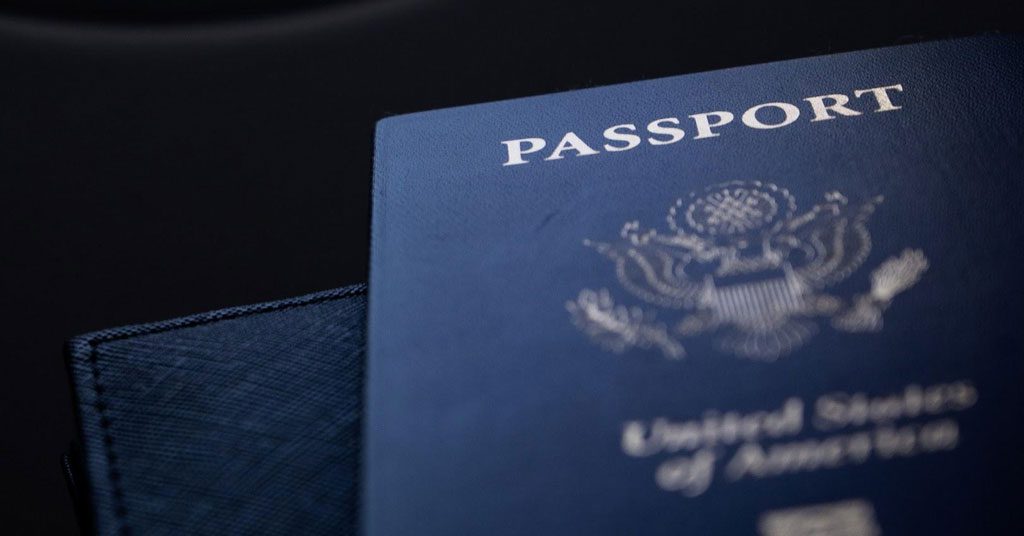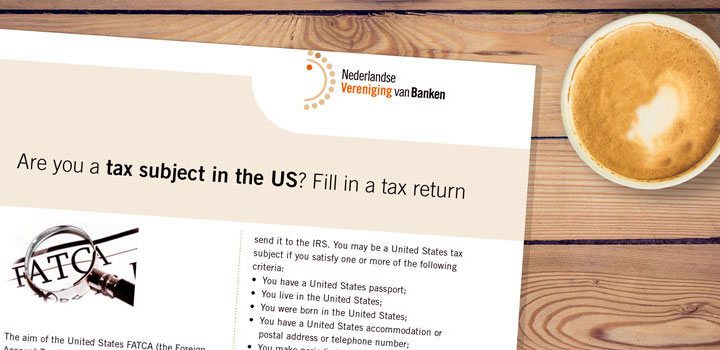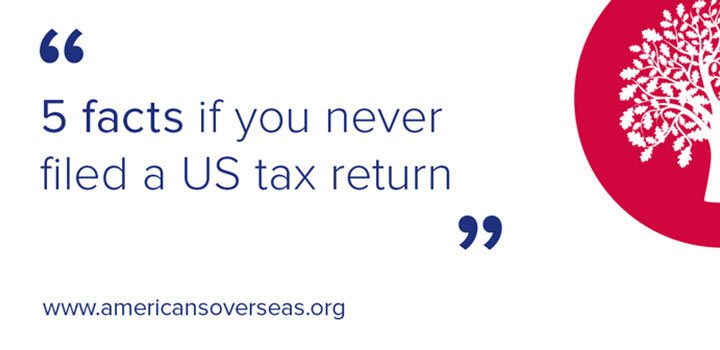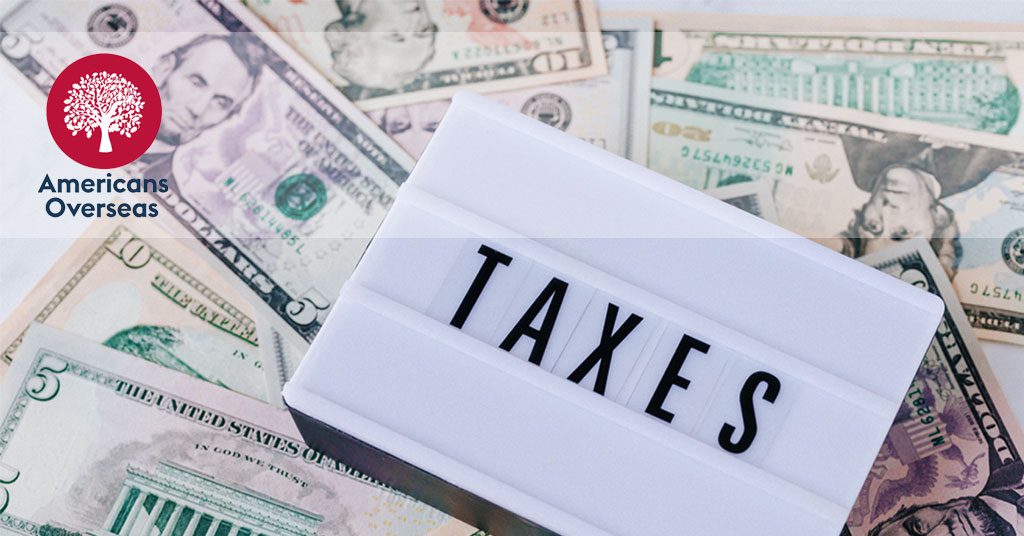
I got a FATCA letter from the bank, now what?

FATCA (Foreign Account Tax Compliance Act), requires all foreign financial institutions (banks, insurers, investment brokers, etc) to report to the IRS information on financial accounts held by US citizens, those with dual citizenship, or foreign entities in which US taxpayers hold a substantial ownership interest. This means that your bank will inform the IRS about your financial assets and interests.
So, if you are one of the 8 million U.S. expats subject to the FATCA, what do you do if you receive one of these letters?
FATCA letter bank
It is important NOT to ignore the letter. The letter may arrive with a Form W-9 or W-8, depending on the bank. Some banks send the form to further confirm whether a customer is a US taxpayer and subject to FATCA. U.S. Taxpayers residing Overseas should complete all forms and send them back to the bank within the time limit. The banks will state the time limit for completion.
So if you are a U.S. person there are three scenarios:
What happens if I don’t send back the letter
The bank will share your information with the IRS. Depending on which country you live in and the bank you use; your account might be changed or closed. This applies mostly to bank accounts used for stock investments. However, some banks have decided they don’t want US customers at all. We recommend to contact your bank and ask about their policy before you send in the form. This gives you time to move your account if necessary.
What happens if I do send back the letter
The same as above actually applies: the bank will share your information and it might affect your status as a client.
What happens if I do send back the letter stating I’m not a US person:
Many U.S. persons deem the law unreasonable. They were born in the U.S. and left when they were small or got citizenship through their parents. Although these individuals don’t feel American for tax purposes, they are unfortunately. Stating incorrectly that you are not a US person might lead to grave penalties. The IRS cancels out any amnesty program if they come to you instead of the other way around; furthermore, before accepting your statement, the bank might ask you to prove you’re not a U.S. person by showing a ‘certificate of loss of nationality’ or providing other proof that you were never a U.S .person to begin with.
I sent the letter in but I never filed US taxes, what now?
The US has an amnesty procedure called ‘Streamlined Foreign Offshore procedure’ which allows taxpayers who are considered a U.S. person to file without any penalty if they were not aware of their obligation. This procedure also applies if you filed in the past while living in the US, moved to another country, and never realized you had to continue filing.
I sent the letter back to the bank and always filed my US taxes, what now?
Nothing really changes when you send the letter back to your bank. We recommend getting in touch with your bank to ensure they will not change your account status.
Contact us for more information
Disclaimer: The advice offered in this article is intended for informational purposes only. Use of this column is not intended to replace or substitute for professional advice. No action should be taken based on this information without seeking proper professional advice. This website. company, publisher, and its author are not responsible nor liable for the outcome or results of following any of the above advice and/or links to advice in any given situation.
Frequently asked questions
Understanding the US tax system, the obligations, and all the additional terms can be difficult. Especially if one lives outside of America. Is your question not answered? Contact us.
-
Who is required to file taxes in the US?
U.S. citizens and resident aliens who live abroad are generally required to file a federal income tax return and pay taxes on their worldwide income.
Read more... about Who is required to file taxes in the US? -
Do US citizens living abroad still have to file taxes in the US?
Yes, US citizens are required to file taxes on their worldwide income, regardless of where they are living.
Read more... about Do US citizens living abroad still have to file taxes in the US? -
How can I cash my US check?
Received an American check? You can cash your check in the following ways: cash the check at your own bank, transfer to another person (endorsement), cash checks using an online service or cash the check by another bank.
Read more... about How can I cash my US check? -
Are there any special tax forms required for US citizens living abroad?
US citizens living abroad may be required to file Form 2555 and/or Form 1116 to claim the foreign-earned income exclusion.
Read more... about Are there any special tax forms required for US citizens living abroad? -
What is FBAR filing?
FBAR (Foreign Bank Account Report) filing is the requirement for certain U.S. individuals and entities to report their foreign financial accounts to the Financial Crimes Enforcement Network (FinCEN) of the U.S. Department of Treasury. The FBAR filing requirement applies to U.S. persons who have a financial interest in, or signature authority over, one or more foreign financial accounts if the aggregate value of those accounts exceeds $10,000 at any time during the calendar year.
Read more... about What is FBAR filing?






